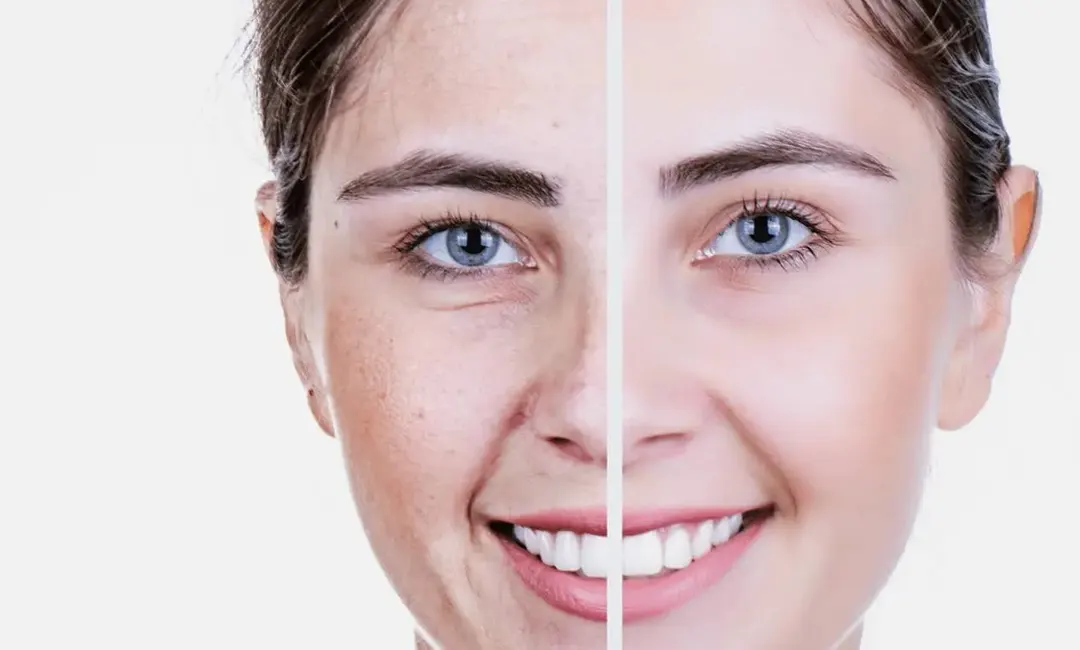Pollution and Epigenetics: A New Frontier in Skin Aging
Pollution and Epigenetics: A New Frontier in Skin Aging
Pollution has long been a known contributor to skin aging, with exposure to pollutants like smoke,
ozone, and fine particles leading to free radical formation and accelerated aging. However, recent
studies have uncovered a more profound and long-lasting impact—pollution’s ability to alter the
epigenetic signature of skin cells, further complicating the fight against premature aging.

Pollution and Its Direct Effect on the Skin
Pollutants, particularly fine particles like PM2.5, can penetrate the skin and interact with cells. These
pollutants generate free radicals, which, when combined with UV radiation, lead to inflammation, collagen
breakdown, DNA damage, and skin aging. Over time, this results in a weakened skin barrier and visible
signs of aging such as wrinkles, loss of elasticity, and pigmentation issues. The direct impact on the skin is
well-established, but the hidden effect lies in the epigenetics of the skin.

Pollution and Epigenetics: What’s the Link?
Epigenetics refers to changes in gene expression that do not involve alterations in the DNA sequence itself. Instead, external factors like pollution can modify how genes are “read” and activated. These changes
are often long-lasting and, in some cases, can be passed down through generations. Pollution induces these
epigenetic changes by reprogramming skin cells, potentially accelerating aging and impairing skin’s natural
regeneration.

Three Lines of Defense Against Pollution
To protect skin from pollution, start by using products that create a barrier to prevent pollutants from penetrating. Antioxidants help neutralize free radicals, reducing oxidative damage and inflammation. Finally, ingredients like plant extracts can prevent epigenetic changes, maintaining the skin’s health and preventing long-term damage.
Conclusion
“Protecting your skin from pollution requires more than just a surface solution—it demands a holistic approach that shields, detoxifies, and preserves cellular integrity.”

